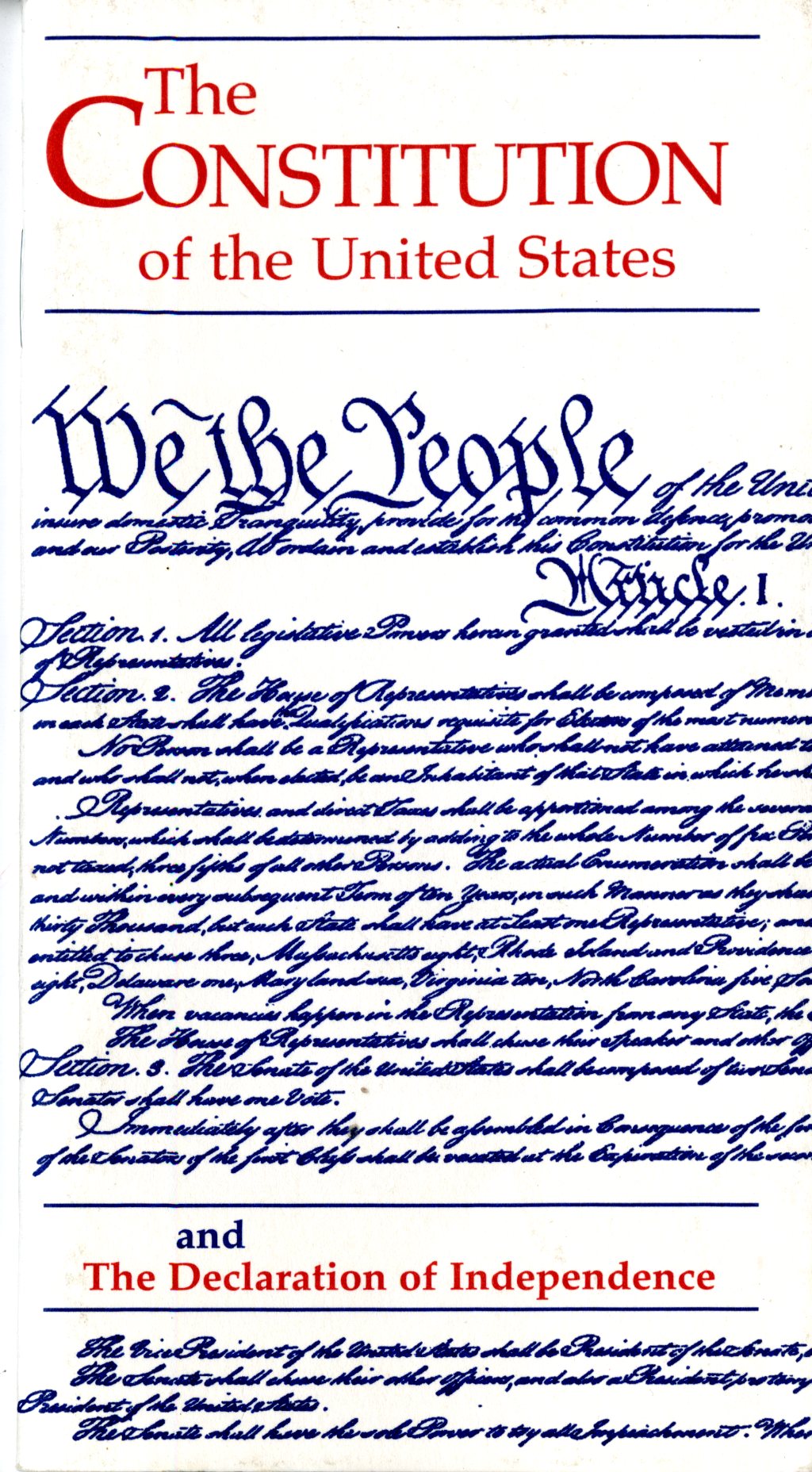

"Certain Unalienable Rights"ĭemocracy and liberty are often thought to be the same thing, but they are not.ĭemocracy means that people ought to be able to vote for public officials in fair elections, and make most political decisions by majority rule. In this sense, the idea of individual rights is the oldest and most traditional of American values.
#Bill of rights how to#
It was not, however, the government's job to tell people how to live their lives, what religion to believe in, or what to write about in a pamphlet or newspaper. It was still expected to protect the community against foreign and domestic threats, to ensure economic growth, and to conduct foreign affairs. The protection of rights was not the government's only purpose. The nation's founders believed that containing the government's power and protecting liberty was their most important task, and declared a new purpose for government: the protection of individual rights. The colonialists came to hate these "warrantless" searches and they became a rallying point for opposition to British rule.įrom these experiences came a uniquely American view of power and liberty as natural enemies. And they were further enraged by the ways in which the Stamp Act was enforced.Īrmed with "writs of assistance" issued by Parliament, British customs inspectors entered people's homes even if they had no evidence of a Stamp Act violation, and ransacked the people's belongings in search of contraband. Even more than the taxes themselves, the Americans resented the fact that they were imposed by a distant government in which they were not represented. Newspapers, books and pamphlets were also taxed. Taxes were imposed on every legal and business document. Most historians believe that the pivotal event was the Stamp Act, passed by the English Parliament in 1765. Limitied GovernmentĮarly American mistrust of government power came from the colonial experience itself. The American Bill of Rights, inspired by Jefferson and drafted by James Madison, was adopted, and in 1791 the Constitution's first ten amendments became the law of the land. So, the Constitution's framers heeded Thomas Jefferson who argued: "A bill of rights is what the people are entitled to against every government on earth, general or particular, and what no just government should refuse, or rest on inference."
#Bill of rights free#
Recently freed from the despotic English monarchy, the American people wanted strong guarantees that the new government would not trample upon their newly won freedoms of speech, press and religion, nor upon their right to be free from warrantless searches and seizures. In the end, popular sentiment was decisive. The Anti-Federalists, who were afraid of a strong centralized government, refused to support the Constitution without one. The Federalists opposed including a bill of rights on the ground that it was unnecessary. It would take four more years of intense debate before the new government's form would be resolved. The absence of a "bill of rights" turned out to be an obstacle to the Constitution's ratification by the states. The "consent of the governed" meant propertied white men only. For another, it did not apply to everyone. It specified what the government could do but did not say what it could not do.

For one thing, it did not include a specific declaration - or bill - of individual rights. The Constitution was remarkable, but deeply flawed. The first draft set up a system of checks and balances that included a strong executive branch, a representative legislature and a federal judiciary. In the summer of 1787, delegates from the 13 states convened in Philadelphia and drafted a remarkable blueprint for self-government - the Constitution of the United States. " bill of rights is what the people are entitled to against every government on earth, general or particular, and what no just government should refuse."


 0 kommentar(er)
0 kommentar(er)
